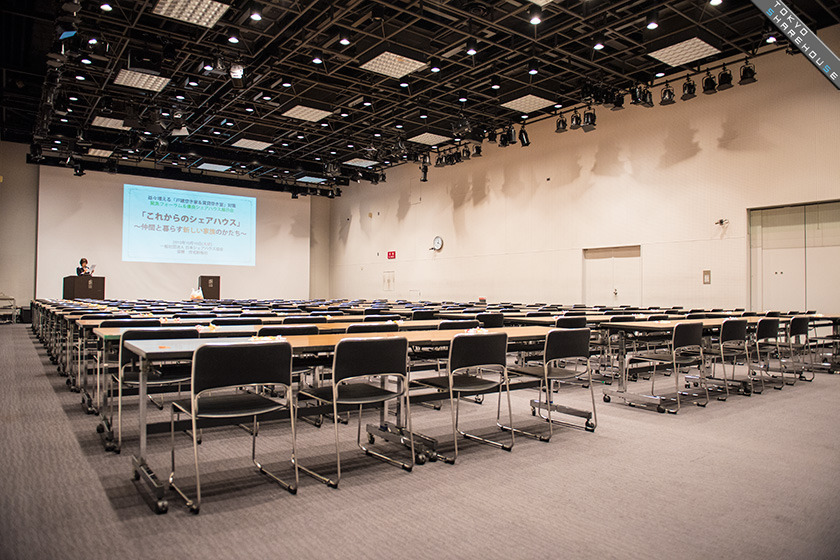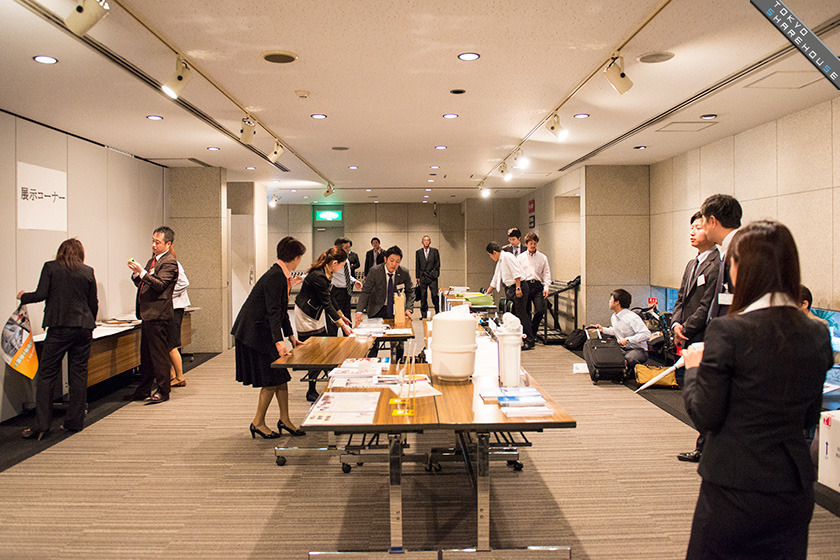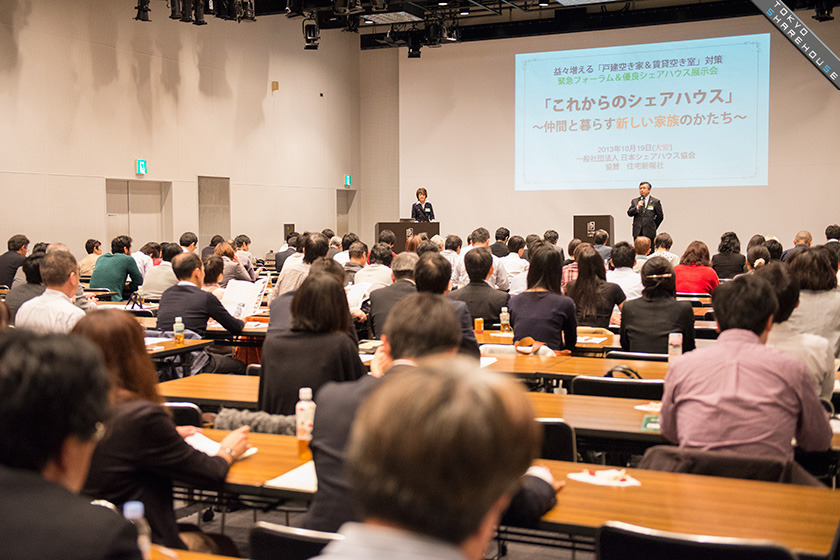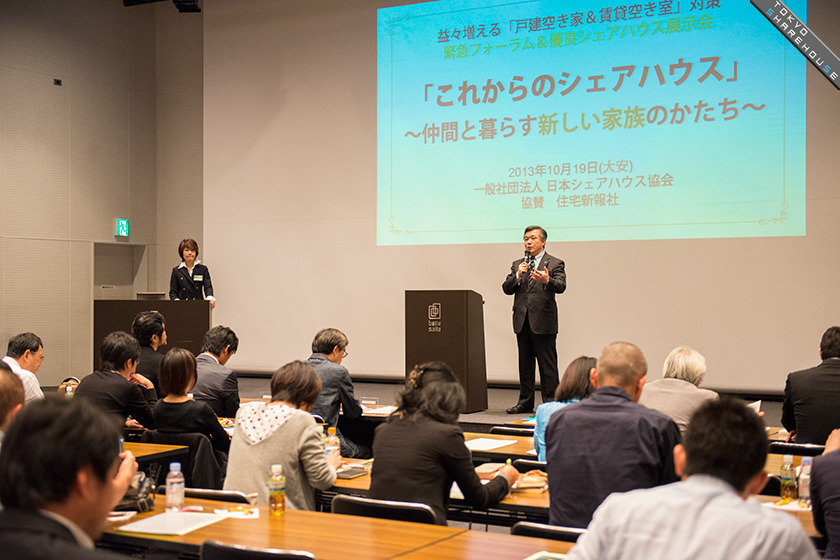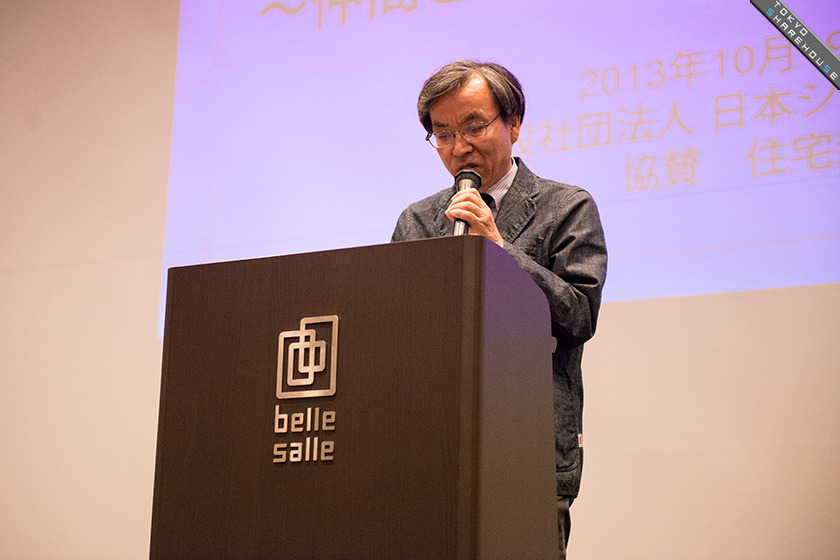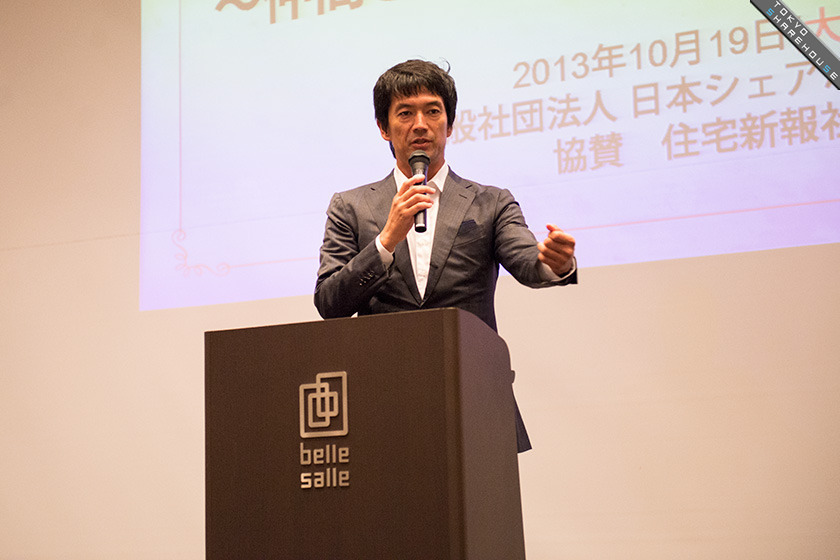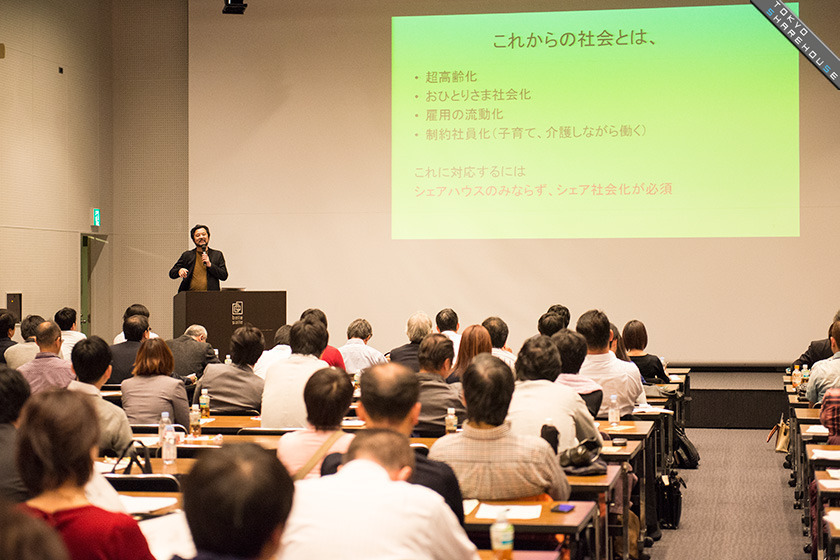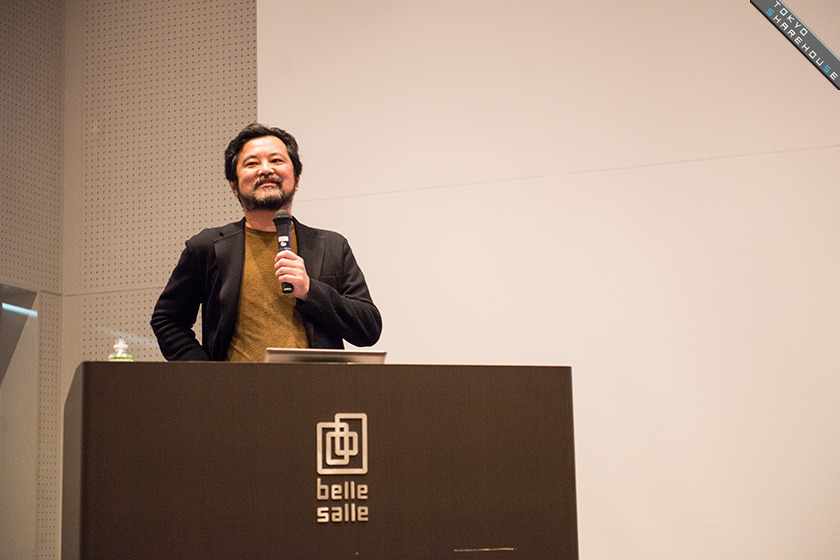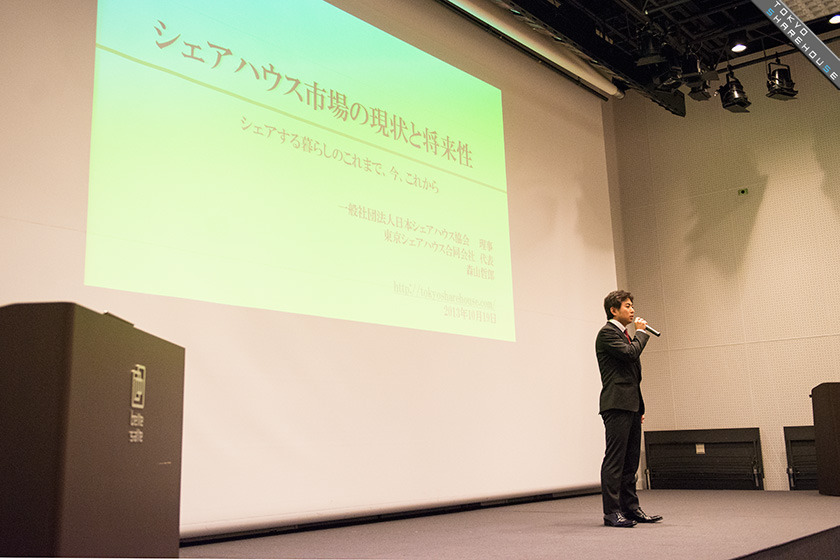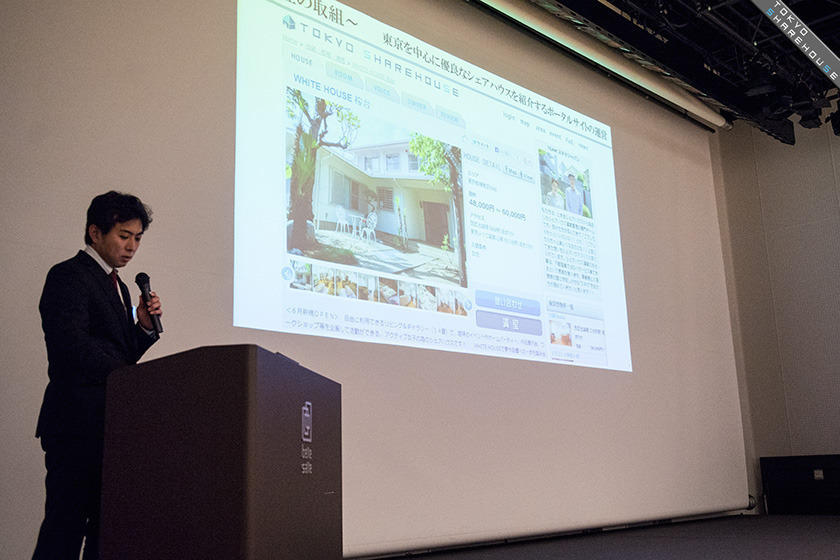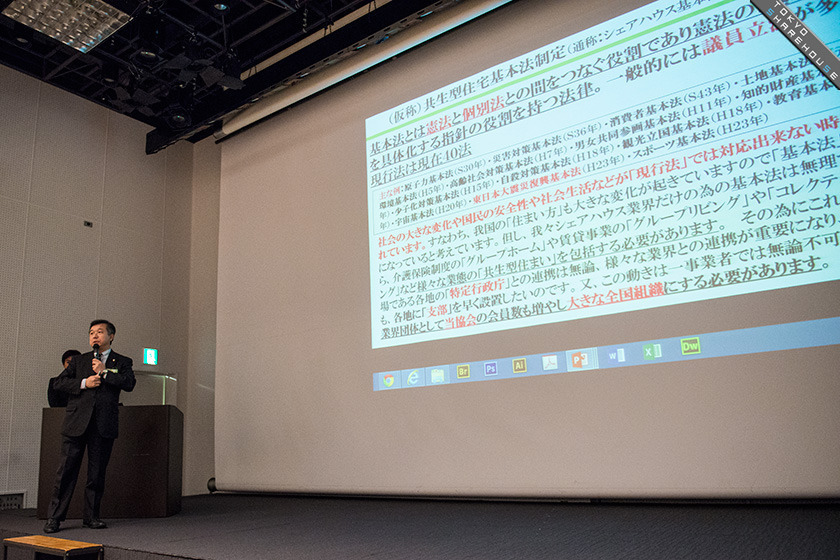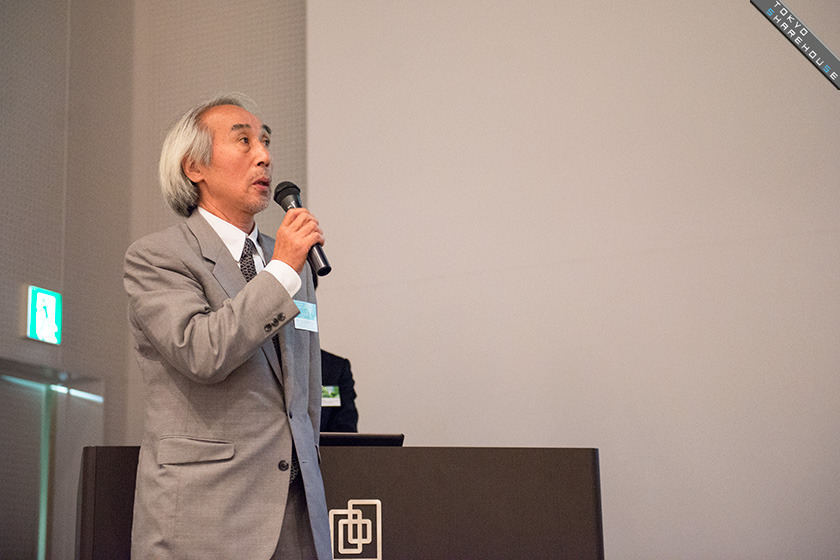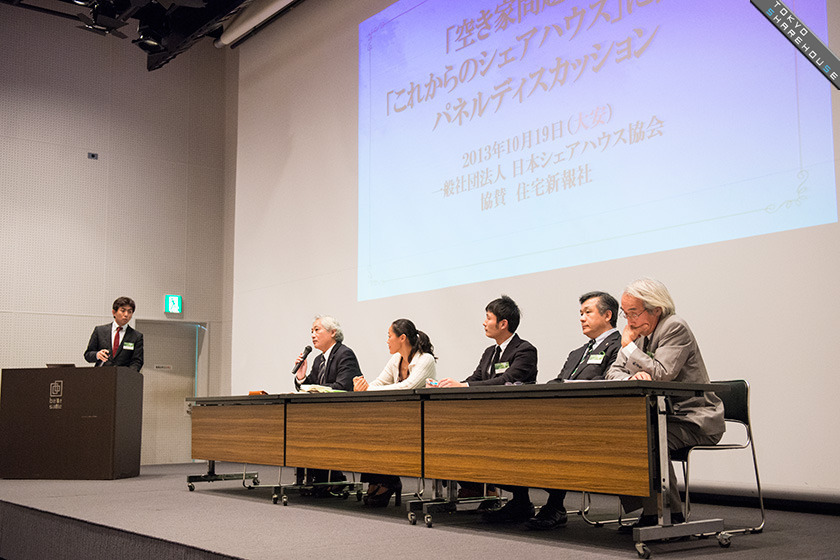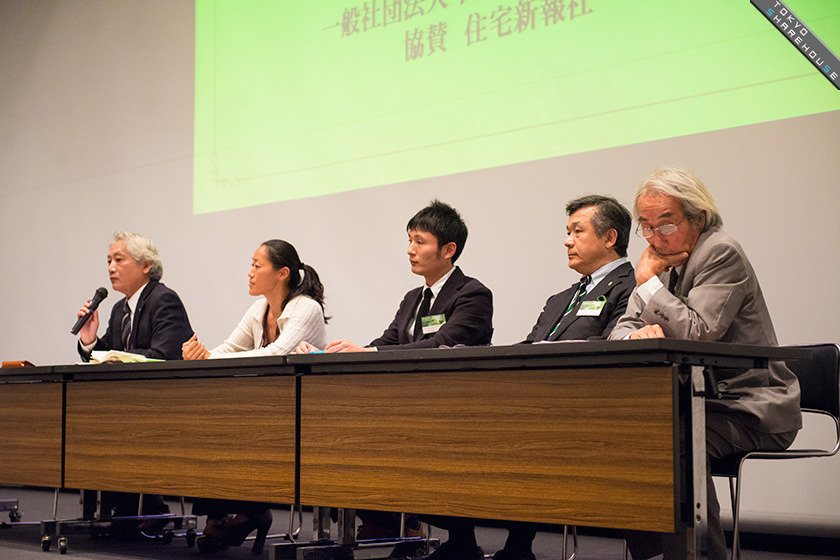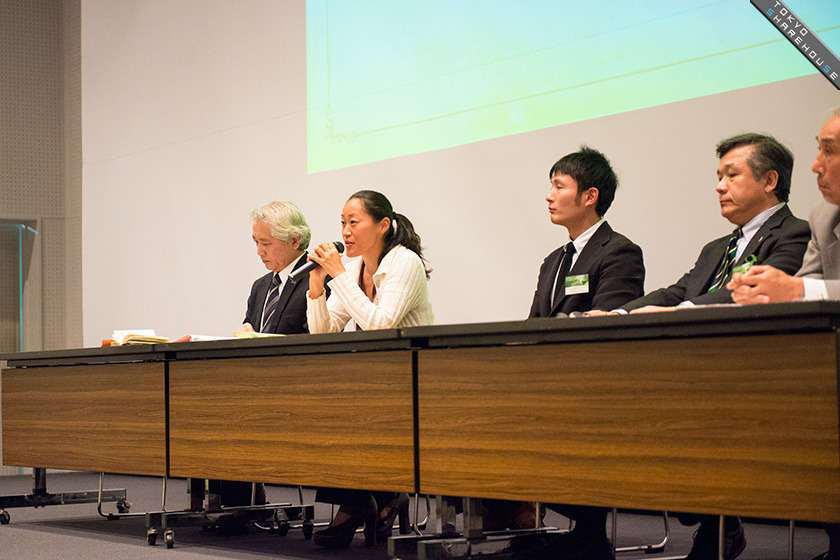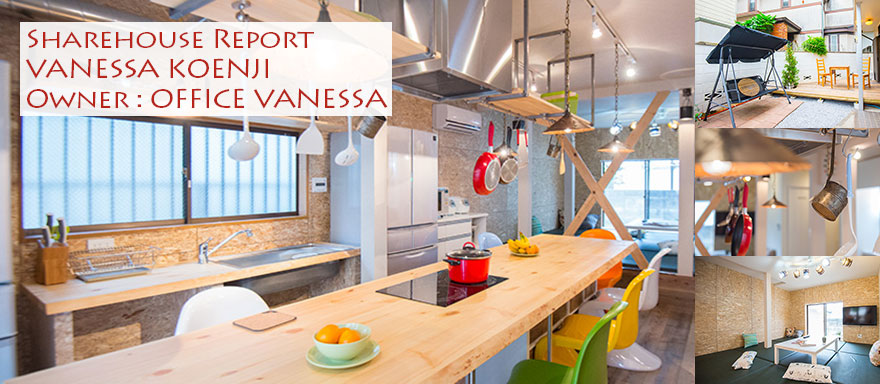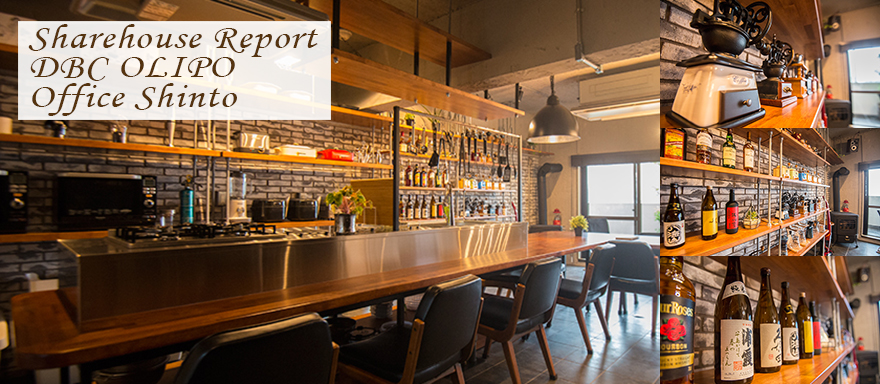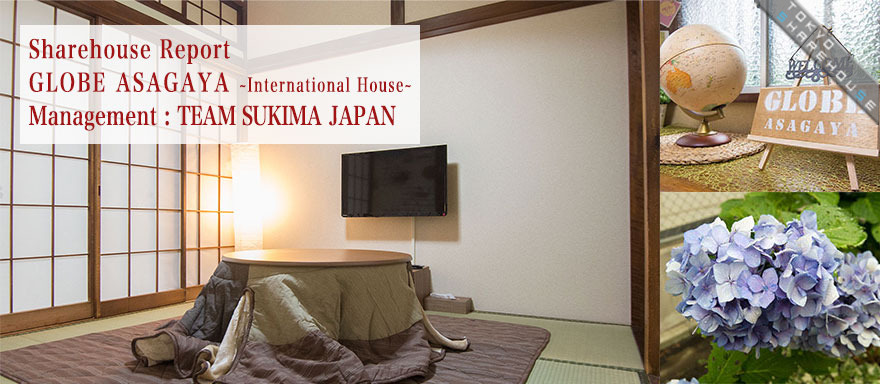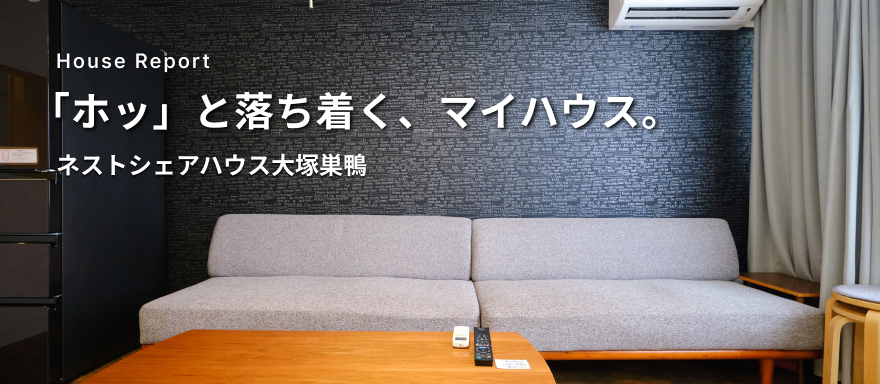|
An urgent forum entitled “The future of sharehouses ~Proposal to use vacant houses~” was held on Saturday the 19th of October, 2013 sponsored by the Japan Sharehouse Association with support from Jutaku Shinpo. |
|
The event was based around the standards issued by the Ministry of Land, Infrastructure, Transport and Tourism in regards to specific government agencies on the 6th of September, 2013 and concerned the direction which would be taken by the association as well as the industry, with attendance by many people including those involved in sharehouse management, construction and real estate. This is the first time we have attended such a large event with everyone in the industry in one building and it was an extremely valuable experience thinking about and discussing the future of sharehouses with those in the industry. On the day of the event guests were greeted by a lecture from Mr. Atsushi Miura, a man knowledgeable about social structure and the realities of young men and women’s lives (whose literary works include “Lower-class society” and “Let’s talk of ‘market share’ for Japan in the future”) and panel discussions were held by professionals in the industry regarding sharehouses increasing social significance in a diverse way. Also, our own CEO Mr. Moriyama received the opportunity to hold his panel on “The current state of the sharehouse market and its future prospects”, and there was also a discussion and exchange of opinions by experts in well-informed positions outside of the association, industry and media circles. Please read on as I will now detail what happened at the event in this report. |
The event was held in Shinjuku, Tokyo at a venue called Bellesalle Nishi-Shinjuku. I think you can get a feel for the size and scope of the event just by looking at this photo.
Before the beginning of the event. Association officials work together to finish the preparations. Another event, a quality sharehouse exhibition entitled “A new type of family with friends living together” was being held at the same time in another place.
Many people turned up to participate in the event, with 170 people in a venue seating 150. The degree of interest from the community and industry was evident. The event began with opening words from Mr. Hisao Yamamoto, representative of the Japan Sharehouse Association’s board of directors.
Mr. Yamamoto spoke about the Ministry of Land, Infrastructure, Transport and Tourism’s
Buildings Standard Act’s ‘Boarding House’ standard expressing his shock the day the directive was released and the need for everyone in the industry to come together to make an appeal to the administration about the charm of sharehouse culture, the contributions they make to society and their necessity in this day and age.
He proposed to the crowd what kind of efforts will become necessary for those in the industry to take as well as which direction the association will work towards in regards to the tightened regulations.
Should there be deaths in a house due to fire, there is a possibility that businesses abiding by the rules, as well as those that don’t targeting low income earners, will both be made to operate equipment that increase costs and require administrative guidance and these costs will impact the tenants in the form of rent increases. For this reason, without relying on the government a system under the leadership of the association is necessary to develop sharehouses as safe rental properties in compliance with these laws.
Mr. Yamamoto’s address was followed by the guest speakers, and a positive message supporting the sharehouse industry from Kazuaki Miaji, of the Liberal Democratic Party, a member of the House of Representatives in the Diet, in that he expects to contribute towards the use of vacant houses in the revitalization of local areas.
Following this were words from Mr. Hirofumi Uchiyama, chairman of Housing Renovation Promotion Council, saying that renovation is indispensable in creating a livable environment for many people in a pre-existing building and to enhance its functionality and that there is a close relationship between renovation and sharehouses. His company may very well be headed in the same direction as the Japan Sharehouse Association under the principle of creating safe and comfortable houses catering to a diverse range of needs.
A special lecture was then held by Mr. Atsushi Miura, a man with many published literary works including “Lower-class society” and “Let’s talk of ‘market share’ for Japan in the future”, who says the share house industry and share-socialization movement is gaining attention.
In Mr. Miura’s opinion, Japanese society is becoming a ‘super-ageing society’, one of ‘socializing alone’, ‘employment fluidization’ and ‘restricted employment status’ (raising children and/or nursing a loved one while working at the same time) and because of this tight communities like those found in sharehouses are becoming increasingly important, not just for young men and women but also the older generations with new houses being developed for multi-generational tenants to live and learn from each other. This is a good thing, he says.
What surprised me the most about his speech was when he said that come the year 2055, most of the population will be 81 years of age. This may be 40 years in the future, however there is a necessity to confront the problems our society is facing, have a plan under which the whole society can unite and not just adhere with the existing framework. I also felt that with share houses playing a very important role supporting the future of Japanese society as places communication is created, it would be a shame for these new, unnecessary regulations to obstruct the growth of share houses.
After Mr. Miura’s lecture our own Mr. Moriyama started his presentation, themed “The current state of the sharehouse market and its future prospects”, talking about the state of affairs at Tokyo Sharehouse and its influence, as well as the future of the sharehouse industry.
There are a lot of people in sharehouse management who really make an effort to provide a safe and comfortable lifestyle for tenants, and we write our articles by visiting the properties listed on our site and taking photos ourselves. Many people find sharehouses appealing because of all the extra value they don’t get in a conventional rental property, and sound growth of the industry is necessary.
We began listing houses in metropolitan Tokyo and are now experiencing an increase in traffic from not just Japan but overseas as well, and have been able to create a new objective of introducing this shared lifestyle not just country-wide, but world-wide as well.
Mr. Yamamoto spoke after Mr. Moriyama’s presentation and explained the next steps concerning the establishment of the Cohabitation Housing Law (or ‘the sharehouse law’ as it is more widely known), stating that the cooperation of the people in the industry, as well as those in other fields, is essential.
He was followed by Mr. Takahashi, qualified architect and the Japan Sharehouse Association’s Head of Compliance, who aims to formulate a set of rules for the sharehouse industry and talked about the association’s voluntary standards.
He explained that due to the fact that there are all sorts of properties calling themselves sharehouses, as an association they will inspect and make a judgement on properties stressing importance on ‘Building Safety and Comfortability’ (including location, maintenance, blueprints, confirmation certificate, fire safety certificate to name a few) and ‘Circumstances of Management Operation.’
The event ended with a 5-man panel discussion on the topic “The Vacant House Problem” as well as “What’s Next for Sharehouses”, including media representative Nobuhiro Honda (editor-in-chief of Jutaku Shinpo), Yuki Shimizu who works in sharehouse management (head of Team Sukima Japan) and Yasuko Nagase (representative director of Come On UP) with Tokyo Sharehouse’s Mr. Moriyama as moderator.
Mr. Honda stated that, “Up until now housing complexes haven’t really demonstrated the meaning of living together. The divide between parent and child and the young and old grows deeper, and the potential to solve this problem lies in sharehouses,” and proposes that making use of vacant housing is something we should petition for from now on.
From a management standpoint, Mr. Nagase and Ms. Shimizu strongly assert that “Managing a share house isn’t a tough business. The most important thing is the precious community it creates. We don’t want these new regulations to ruin the chance to fix problems like dying alone due to the rise of the nuclear family by making it harder to create such a community” and mention that they will continue to develop and promote the shared living lifestyle they have come to know by managing a sharehouse.
There was then a question and answer session and questions flew around the room from those involved with sharehouses about the insecurity of the industry following the Ministry of Land, Infrastructure, Transport and Tourism directive, initiatives and course of action of the association and its voluntary standards, as well as a discussion with the representative of the board of directors, Mr. Yamamoto.
There is a difference of opinions depending on standing. However, I think today was the start of a group movement with everyone involved invested to take opportunities and increase the possibilities of shared living and the development of share houses.
Sharehouse culture has taken root, improving and developing to bring us a future in which our everyday lives become that little bit more enriching, and this urgent forum came to an end today leaving us with these expectations.
/Author:Kagawa


